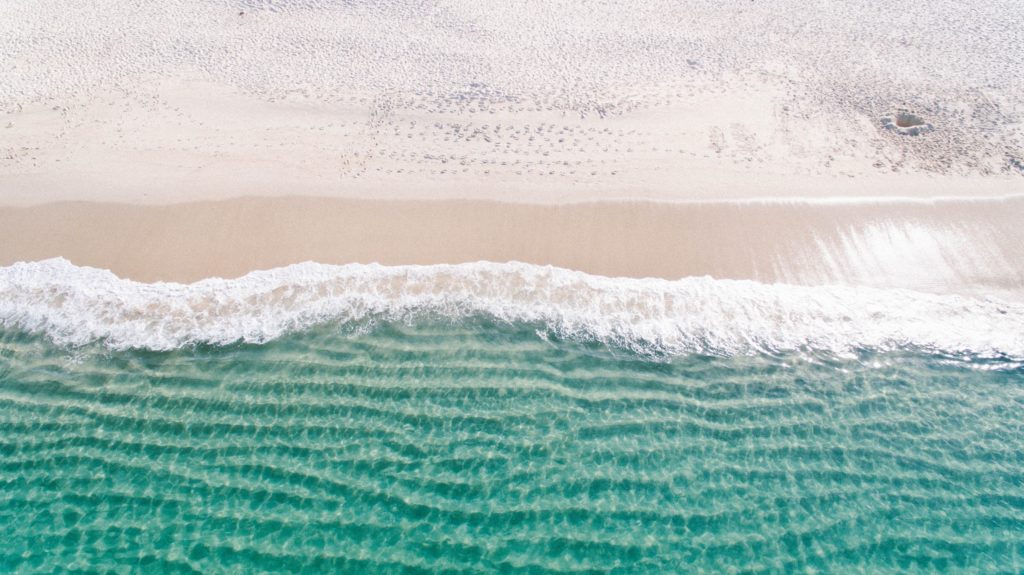
There’s not a more perfect vacation than heading to a sunny, sandy beach. Georgia’s coast offers a variety of fun and adventure for the whole family, as well as some of the most beautiful and vibrant ecosystems in the country. While most of us visit the coast for a few days or weeks, it is the year-round home to many Georgians who rely on the ecosystem for their livelihood. We have a responsibility to be good stewards of our coasts to preserve them not just for our continued enjoyment, but for the wellbeing and way of life for many Georgians.
What is beach stewardship?
To be a steward of something means that you are responsible for its care and upkeep. Public land, such as publicly accessible beaches, are available for use by everyone, and everyone shares the responsibility of taking care of it. This doesn’t mean that you are responsible for the whole beach; it does mean that you are responsible for doing your part to ensure that your actions maintain the safety and integrity of the land so all of us can have a safe, healthy experience whenever you visit. If we all work together to do our part, we can have a huge collective impact that goes far beyond what we might imagine.
Besides providing an enjoyable beach experience for everyone, stewardship helps to protect coastal communities that exist all year long. The residents of these communities rely on beach tourism and fishing for their livelihood. Their success boots the economic health of Georgia. Clean, healthy beaches attract more visitors and provide for more fishing and farming opportunities.
The effects spread across more than people though. Georgia is home to a variety of important and fascinating marine species, including shorebirds, and nesting and baby sea turtles, and a variety of ocean life. Clean beaches mean that these animals can continue to safely nest on our shores and thrive in our waters.
How can you be a good beach steward?
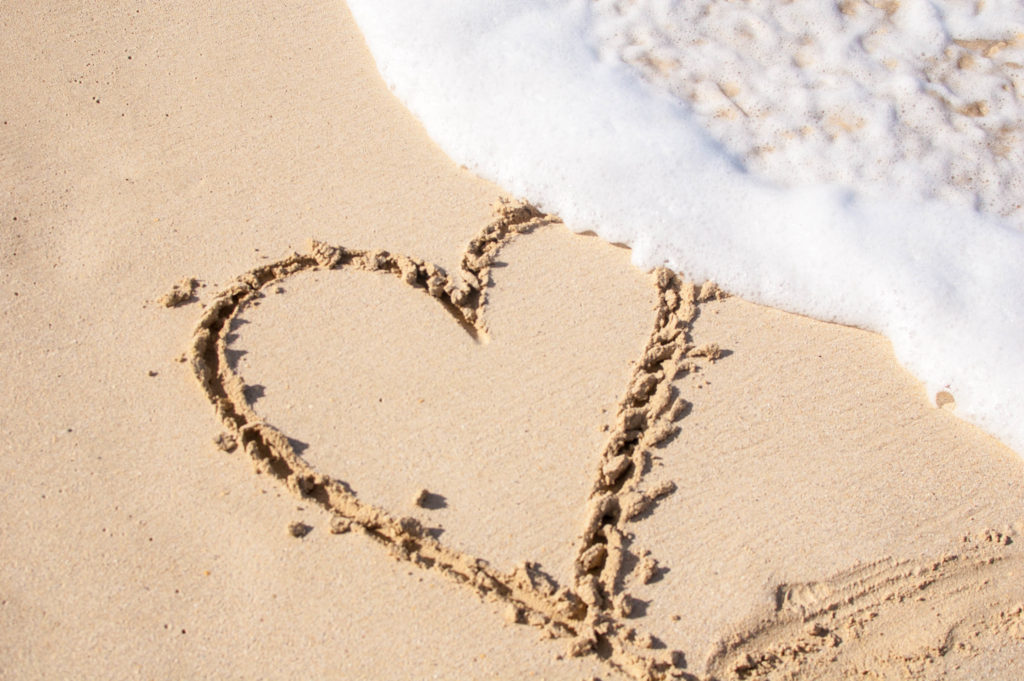
Being a good steward doesn’t have to be hard or complicated! In fact, most of the time the smallest actions have the biggest impact. Here are some simple things you can do and how they help.
Before you go to the beach:
1. Choose a reef safe sunscreen to wear. Wearing sunscreen at the beach is incredibly important in order to prevent sunburns and skin cancer, but some sunscreens contain ingredients that cause coral bleaching. Coral bleaching means that coral reefs, which are living creatures, become extremely stressed out, become white, and then die. This is incredibly dangerous as many different marine animals live and breed in coral reefs. You can help by choosing to wear a sunscreen that doesn’t contain parabens, oxybenzone, or octinoxate. All of these ingredients can be harmful to corals as well as fish and other marine animals. Instead, look for a sunscreen that uses zinc oxide as the active ingredient. Also make sure to choose a sunscreen with good water resistance (even if you’re not planning on going into the water) that protects against UVA and UVB rays that harm your skin.
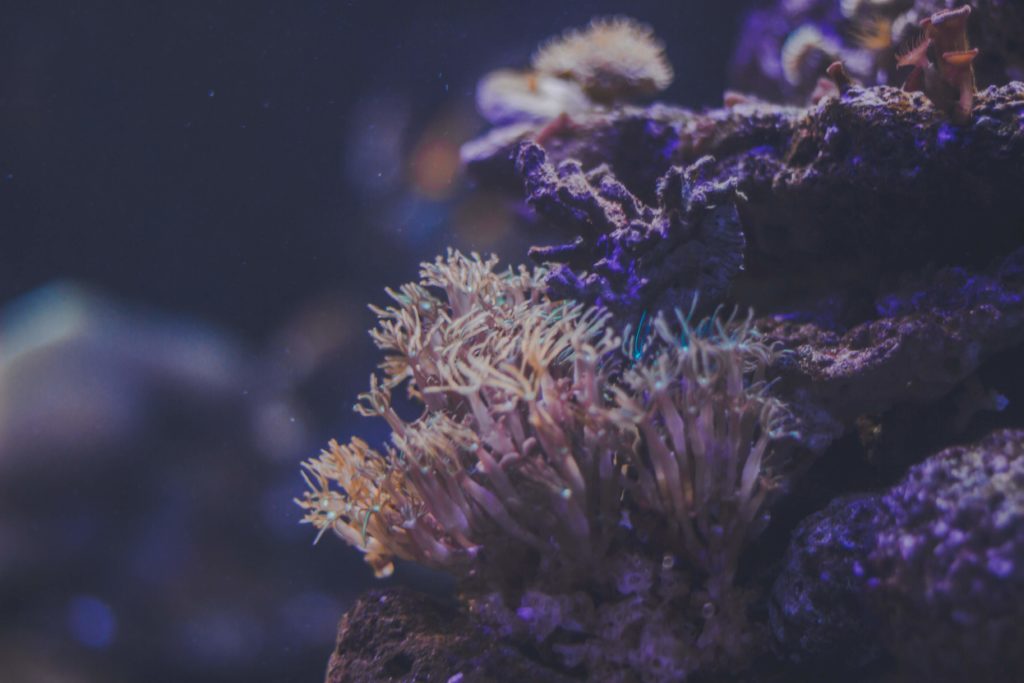
Trying to remember all of the correct and incorrect ingredients for your sunscreen can be a challenge, so we’ve created a card for you to print or download to your phone that will help you remember which ingredients are best for protecting our reefs.
2. Check local ordinances regarding what you can and can’t do and bring to the beach. This is particularly important if you’re looking to bring a pet or food and drinks to the beach. Many places prohibit having dogs or other animals along the beach as well specifying the types of containers that can be used on the beach (no glass containers, etc.)

While you’re on the beach:
1. Always dispose of trash properly. Bonus points if you can find a place to separate out your recyclables from your other waste! Most beaches will have trash cans at convenient locations around the beach, such as at boardwalks or piers. If however you can’t find one or it’s full and overflowing, bring your trash with you and dispose of it either in the next public trash can you see or when you’ve arrived back to your home or hotel.
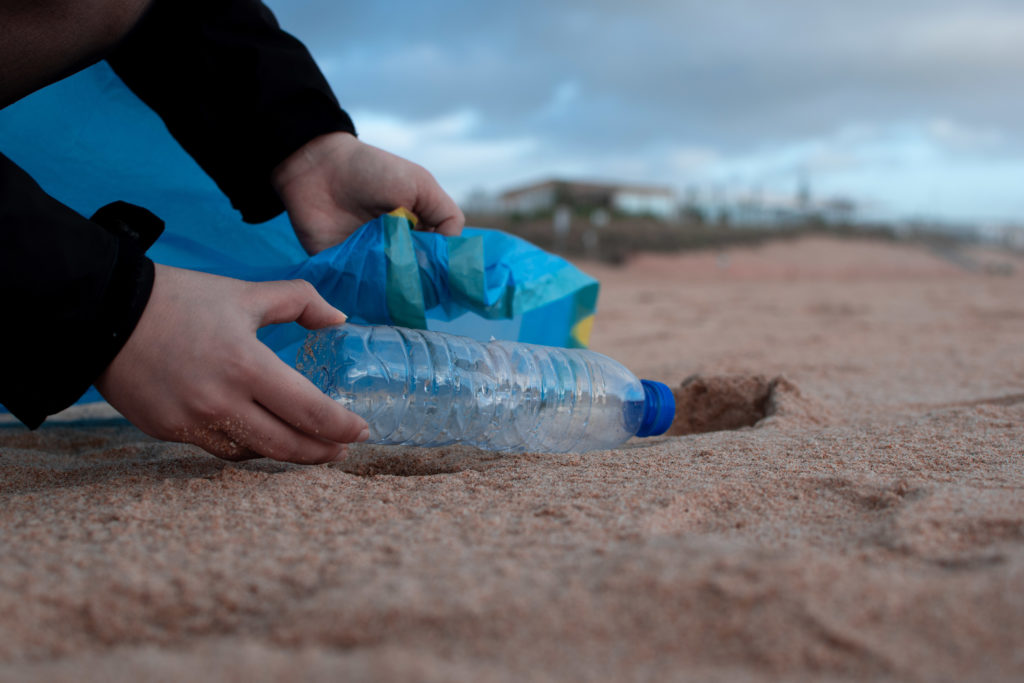
2. Make sure you and your kids fill in any holes you dig on the beach before you leave. During the summer, female sea turtles come up and lay their eggs on the beach. When the baby sea turtles hatch, they follow the light of the moon to the ocean. If there are any holes in the sand, the newly hatched sea turtles babies can fall in and get stuck. They can’t find their way out and they can starve to death or get eaten by predators.
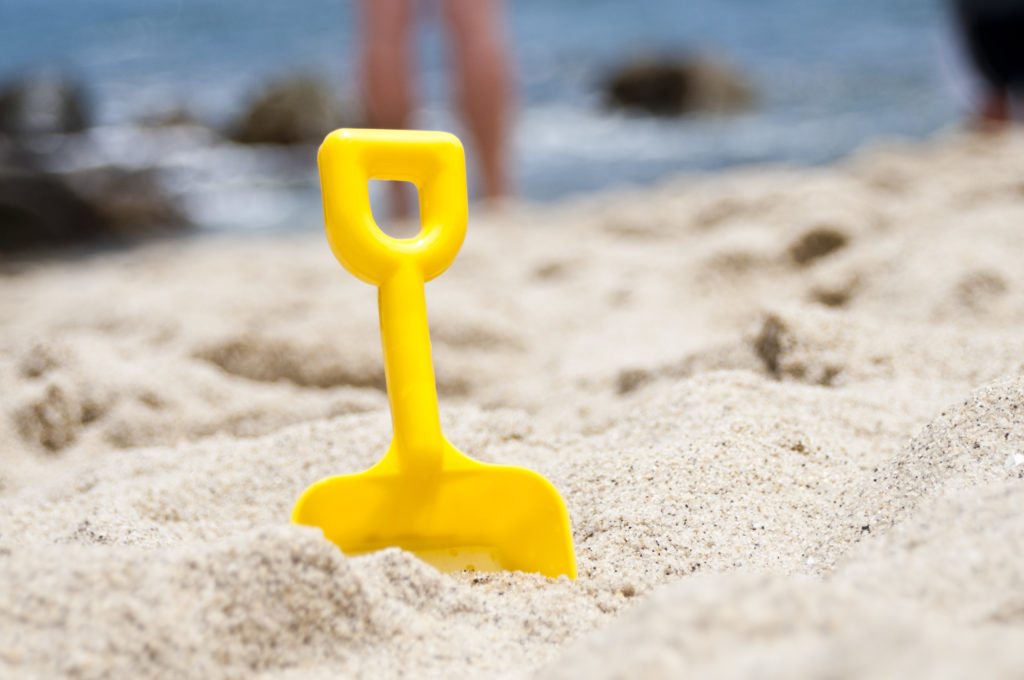
3. Turn off lights when you are on or near the beach at night. Sea turtles, adult or baby, are oriented by the light of the moon at night. Any type of white light on the beach can confuse them. If you are on the beach at night, using a red light as a flashlight is the best option. If you are staying at hotel or house on the beach, make sure to close all of the blinds or curtains and turn off all unnecessary lights.
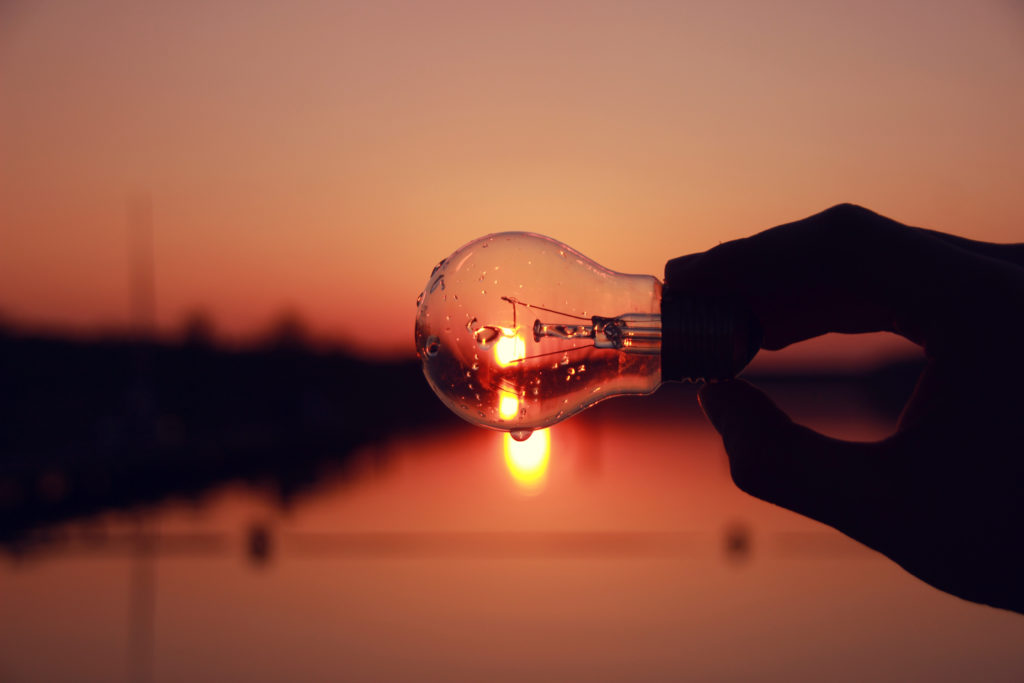
4. Avoid walking or letting your kids play on the sand dunes. While walking and playing on the large piles of sand can seem fun, sand dunes are an important part of the beach. They protect the beach from erosion as well as provide habitats for lots of different animals. Some of them, like snakes, are best left alone in their homes.
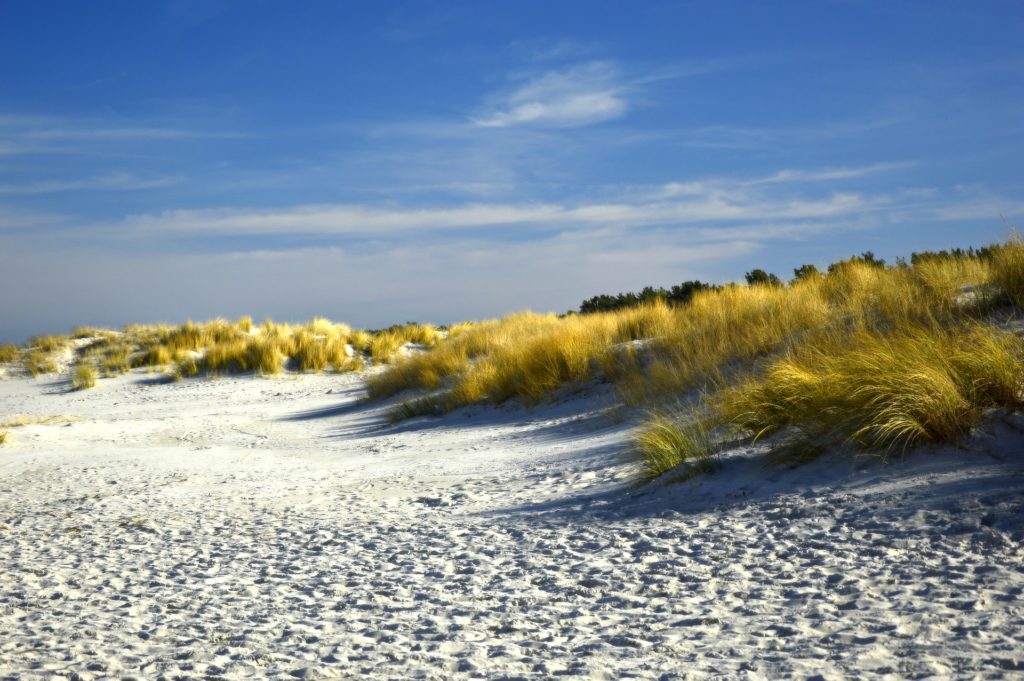
5. Don’t walk, run at, or otherwise disturb birds resting on the beach. Lots of different types of shorebirds stop to rest or to lay eggs on Georgia’s beaches. Disturbing them prevents them from getting much needed rests during their flights and could cause damage to their eggs.
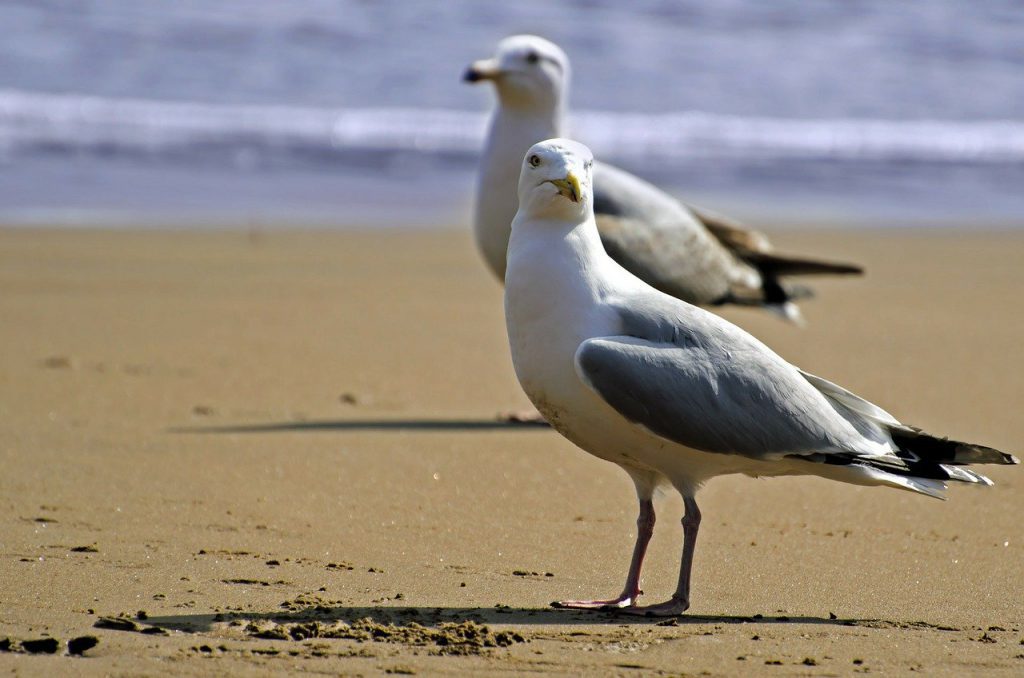
6. Don’t touch or disturb any wildlife you might encounter. Georgia’s beaches are home to a fascinating variety of creatures, but most of them are not fans of humans and many of them are on the endangered species list. Messing with them can be both dangerous and illegal, and drives them to nest other places.
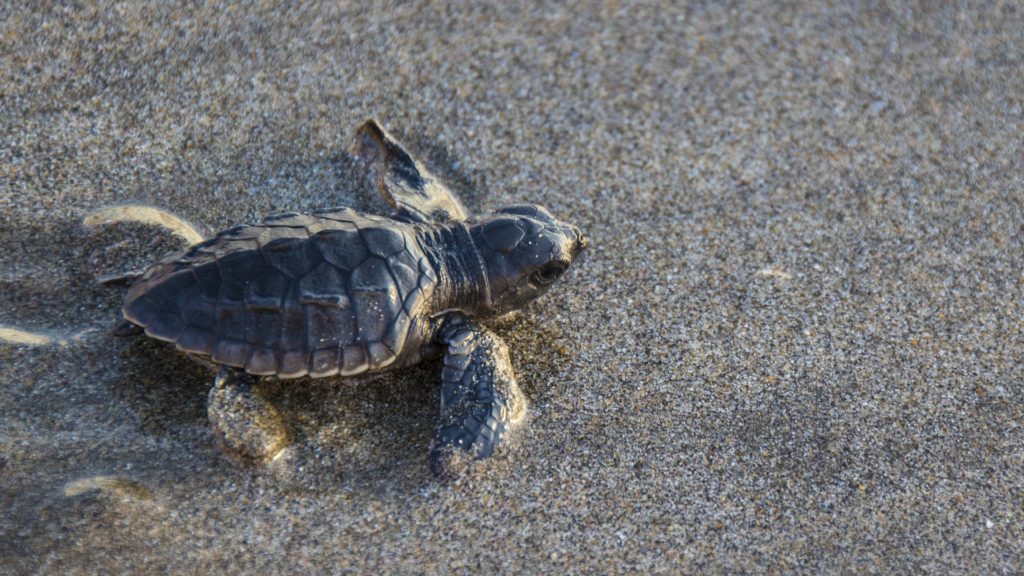
All of this is a lot of information, so we’ve made it easy for you to have it all in one place. Click below to download our “6 Things to Remember at the Beach” list and then download our educational, kid friendly coloring book so you can share it with your kids. You can have them color it as an activity on vacation or even on the car ride to your beach destination.
Is there anything else I should know about?
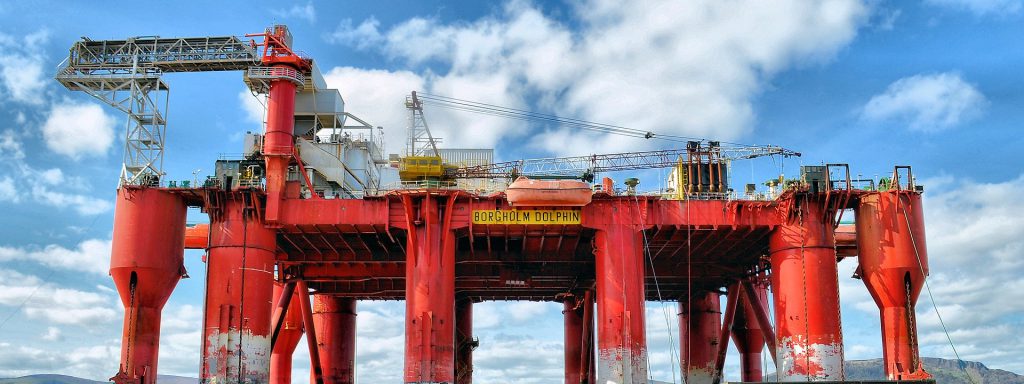
Yes, actually. It’s also very important to keep up with legislation that affects Georgia’s coast. Right now, there’s a discussion about whether or not to allow offshore oil drilling near Georgia’s coast.
Starting in 2019, oil companies began looking to start drilling for oil in the Atlantic Ocean off of Georgia’s coasts. They started the process by applying for permits for seismic testing, a process where extremely high-powered air guns are fired at the ocean floor every ten seconds, twenty-four hours a day, for weeks or months on end. This is done in order to determine what the rock formations are under the ocean for the purpose of finding out if there are areas that hold significant amounts of oil. Currently, the administration is pushing forward with processing the permits for seismic testing.
Seismic testing has been shown to pose a huge threat to marine wildlife; the air blasts harm whales, dolphins, sea turtles, and fish, but also tiny microscopic organisms called zooplankton. The air blasts destroy all of the larval Zooplankton in the area. Zooplankton are important because they are at the bottom of the food chain. This means that many small fish rely on them as a food source and then larger fish eat the smaller fish. If the zooplankton population shrinks, then it starts a spiral that hurts all of the animals living in the marine ecosystem. Seismic testing also has the ability to cause hearing loss, force them to abandon their habitat, or even kill them.
Oil and gas drilling disrupts the natural environment of the wildlife even more than the testing does. It also causes air and water pollution that goes on to harm everyone in the local communities as well as causing light pollution that can confuse hatching sea turtles and cause them to be eaten by predators while they’re crawling towards the ocean. Offshore drilling also means that the areas are going to have oil spills; it’s an inevitable part of oil drilling. Oil spills are incredibly harmful to the environment. The oil gets caught up in the fur and feathers of animals which hurts the insulation on their bodies, leaving them vulnerable to harsh weather. Baby sea turtles can get stuck in the oil or mistake it for food, killing them. It can also affect shellfish, such as oysters, which then goes on to affect the seafood industry. Fishermen are unable to make a living and people are unable to get fresh seafood at restaurants.
Offshore drilling can also have a negative effect on the economy of the areas where it happens. The tourism industry from coastal communities pours millions of dollars into the economy and provides many thousands of jobs. According to one study, offshore drilling off the Atlantic coast would not be able to replace all of the tourism jobs that would be lost. Between the tourism revenue and jobs lost, allowing for drilling could potentially hurt Georgia’s economy.
Keeping up to date on these types of policies is extremely important for protecting our coasts. You can download our legislative fact sheet or click any of the links here to learn more about it. If you have strong feelings about the policy, you can visit our page on how to write your legislators to use your voice in Georgia policy by clicking here.
You can also download our legislative fact sheet on offshore drilling in Georgia to send to your senator. Making sure everyone has all the necessary facts is a key part of policy making.
That was so awesome! Where can I learn more?
There are lots of cool resources available! Here are just a few of them:
- The Jekyll Island Sea Turtle Center: https://www.jekyllisland.com/activities-category/sea-turtle/
- Georgia DNR Coastal Division: https://coastalgadnr.org/know-the-connection
- Golden Isles: https://www.goldenisles.com/discover/golden-isles/wildlife-nature/
- The Georgia Conservancy: https://www.georgiaconservancy.org/coast
- 100 Miles: https://www.onehundredmiles.org/

